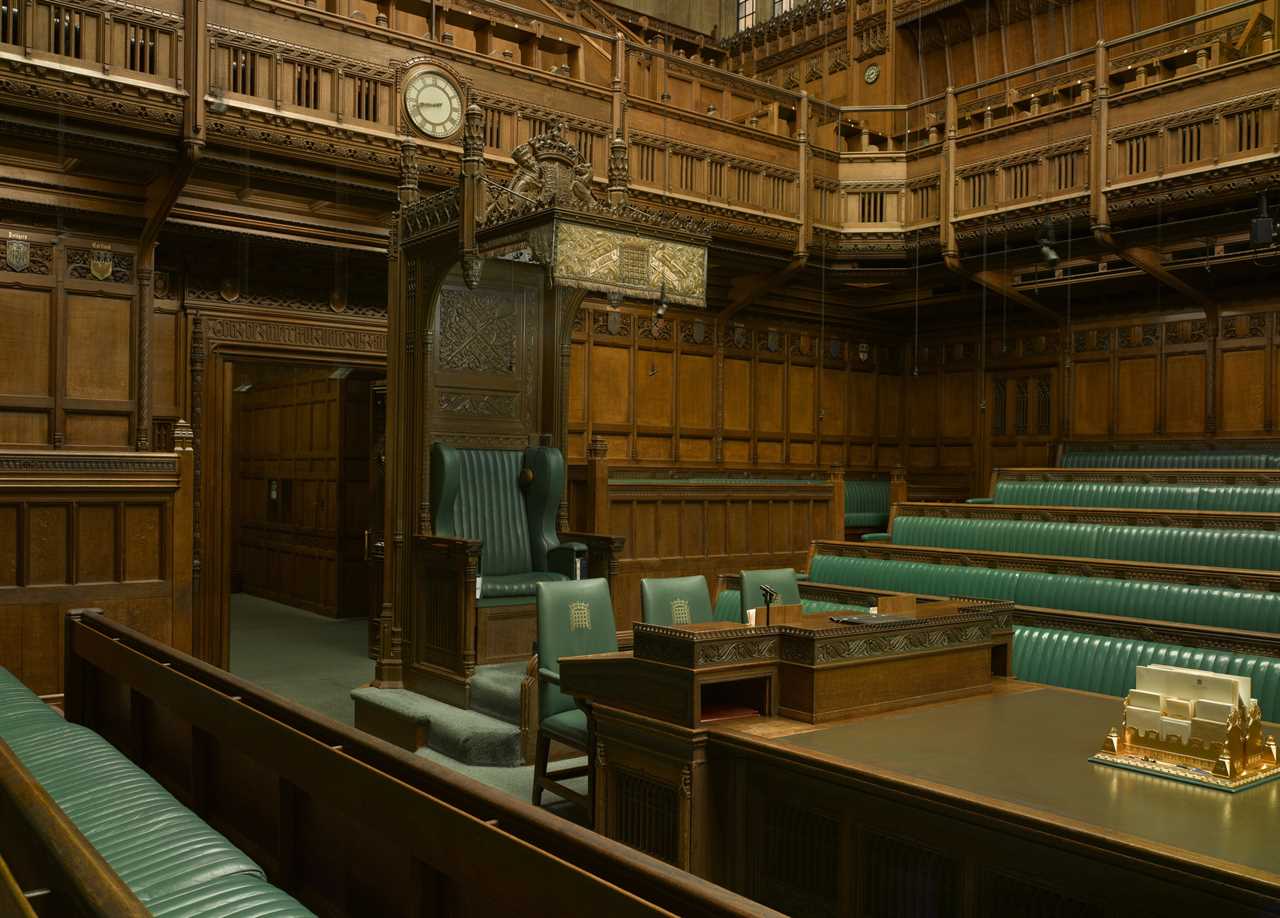WITHDRAWING the whip is a phrase often used used about Parliament when MPs – and it’s normally heard after a scandal has occurred.
But what does removing the whip mean? Here is everything you’ll need to know…
What does removing the whip mean?
Withdrawing the whip means that an MP or Lord is effectively expelled from their party, but hangs on to their seat.
This occurs when a disciplinary measure most often be carried out for misconduct or to ministers who refuse to fall in line and vote with their party on issues deemed to be of particular significance.
They must sit as an independent until their party decides to restore the whip.
The Whip is a circular letter sent out to MPs and Lords detailing upcoming parliamentary business and instructing them which way to vote.

If a vote is particularly important it is underlined three times making it known as a “three line whip”.
The term is taken from a foxhunting job known as a “whipper-in”.
This is huntsman’s assistant who drives straying hounds back to the main pack using a whip.
How serious is having the whip removed?
Having the whip removed is one of the most serious forms of punishment a party can inflict on an MP.
More severe punishments include permanent expulsion from the party and deselection.
Taking the whip off the group means they can’t stand again in an election as a Conservative candidate – effectively ending their political careers.
Which MPs have had the whip removed?
In July, 2022, Tory MP Tobias Ellwood was stripped of the party whip for failing to support the government in a confidence vote against the government.
Ellwood, who chairs parliament’s defence select committee missed the vote – as he had been unable to return from a meeting with the president of Modolva.
Having the whip removed means Ellwood will now be forced to sit as an independent MP in the Commons – and is unable to vote in the Tory leadership race.
Ellwood said in a statement: “Following my meeting yesterday with the president of Moldova I was unable to secure return travel due to unprecedented disruption both here and in the UK.
“I am very sorry to lose the whip but will now continue my meetings in Ukraine promoting the prime minister’s efforts here and specifically seeking to secure the re-opening of Odesa port so vital grain exports can recommence.”
Also in July, 2022, Chris Pincher had the whip removed following claims that he drunkenly groped two men at a private members’ club in London.
This was the sixth scandal involving alleged sexual misconduct of an MP under Johnson’s government.
In September 2019, the British Conservative Party withdrew the whip from 21 of its MPs who had supported an emergency motion to allow the House of Commons to undertake proceedings on the European Union Bill.
These MPs were:
- Guto Bebb
- Richard Benyon
- Steve Brine
- Allstair Burt
- Greg Clark
- Kenneth Clarke
- David Guake
- Justine Greening
- Dominic Grieve
- Sam Gyimah
- Phillip Hammond
- Stephen Hammond
- Richard Harrington
- Margot Hames
- Sir Oliver Letwin
- Anne Milton
- Caroline Nokes
- Antoinette Sandbach
- Sir Nicholas Soames
- Rory Stewart
- Ed Vaizey
However, in October 2019, 10 of the suspended MPs had the whip restored – but six stood down at the December 2019 election, while four contested as Conservative candidates.
Of the 11 who remained suspended – six declined to stand at the election, while five stood as independents or Liberal Democrats.
Did you miss our previous article...
https://trendinginthenews.com/uk-politics/5-questions-still-facing-rishi-sunak-and-liz-truss-as-they-battle-to-be-britains-next-pm






